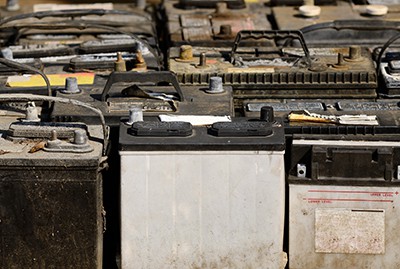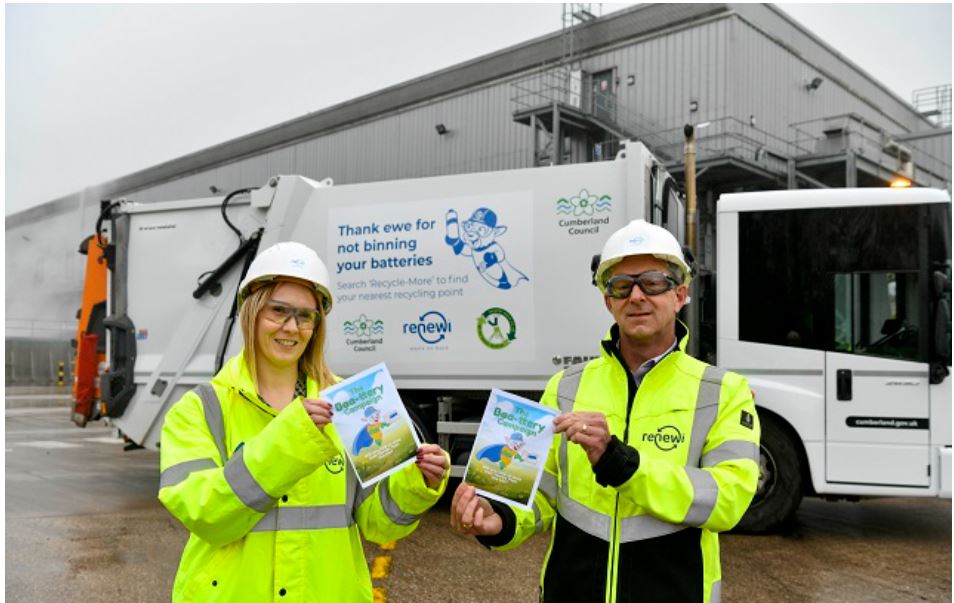The introduction of the 4kg threshold has been applied via guidance on waste batteries and accumulators revised on 1 January 2016. This followed a drawn out consultation process into the guidance on battery recycling, which lasted close to two years, and was concluded in summer 2015.

The update to guidance states the following: “From 1 January 2016 any battery over 4 kg will be classed as industrial. Batteries below 4 kg may still be classed as industrial if they are designed exclusively for professional or industrial use.”
The change in guidance removes a ‘grey area’ for battery recyclers, which had seen batteries weighing up to 10kg and carriable by hand classed as portable.
Portable batteries are the only category to which a recycling target has been attached – and previously battery recyclers had claimed that as they are often unaware of the original use of some lead acid batteries, it is impossible to determine if they fall into the industrial or portable classification.
Lead acid
Therefore, it has been suggested that incorrect classification of lead acid batteries could be skewing data on the number of portable batteries collected for recycling.
According to Defra, 83% of the UK’s battery recycling obligation in 2012 was met through the collection of lead acid batteries, despite them making up just 8% of the new batteries placed onto the market.
“We will be carefully monitoring the effects of this change on the volumes of batteries recycled in Quarter one of this year.”
Robbie Staniforth
Ecosurety
With the change coming into effect it is expected that greater effort will need to be made to increase the capture of lighter portable batteries – including those typically discarded by householders – in order to meet the targets.
In its assessment of the changes in November, Defra claimed that the cost of collecting and processing waste portable batteries could increase to around £1,400 from around £1,050 per tonne (see letsrecycle.com story).
Commenting on the change in definition, Robbie Staniforth, commercial manager at batteries compliance scheme ecosurety, said: “While we did not advocate this specific change to the regulations, we agree that action needed to be taken to rectify the imbalance in the way producers and recyclers define portable batteries. We will be carefully monitoring the effects of this change on the volumes of batteries recycled in Quarter one of this year. We agree with Defra that the change in definition will lead to an increase in the cost of batteries compliance for producers.”











Subscribe for free